Affiliate links on Android Authority may earn us a commission. Learn more.
There is no reason why a $1,000 Chromebook should exist
November 10, 2017
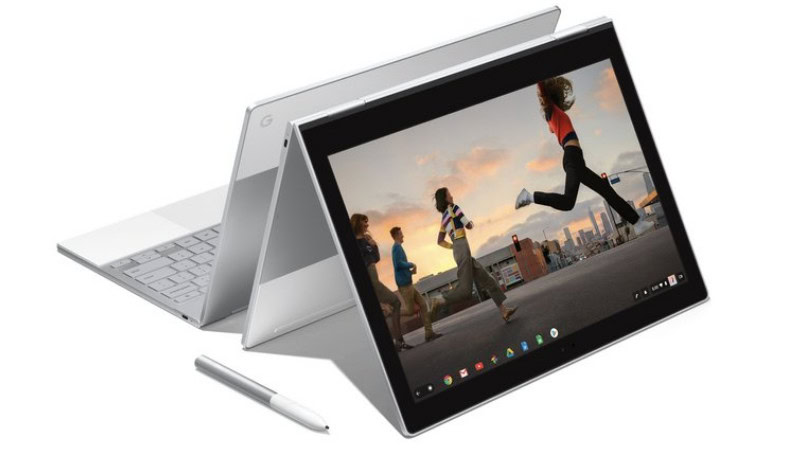
I don’t understand why high-end, expensive Chromebooks like the Pixelbook exist. They simply don’t make sense to me, as a consumer. I’m not sure what they’re meant for and I’m not sure who they’re made for.
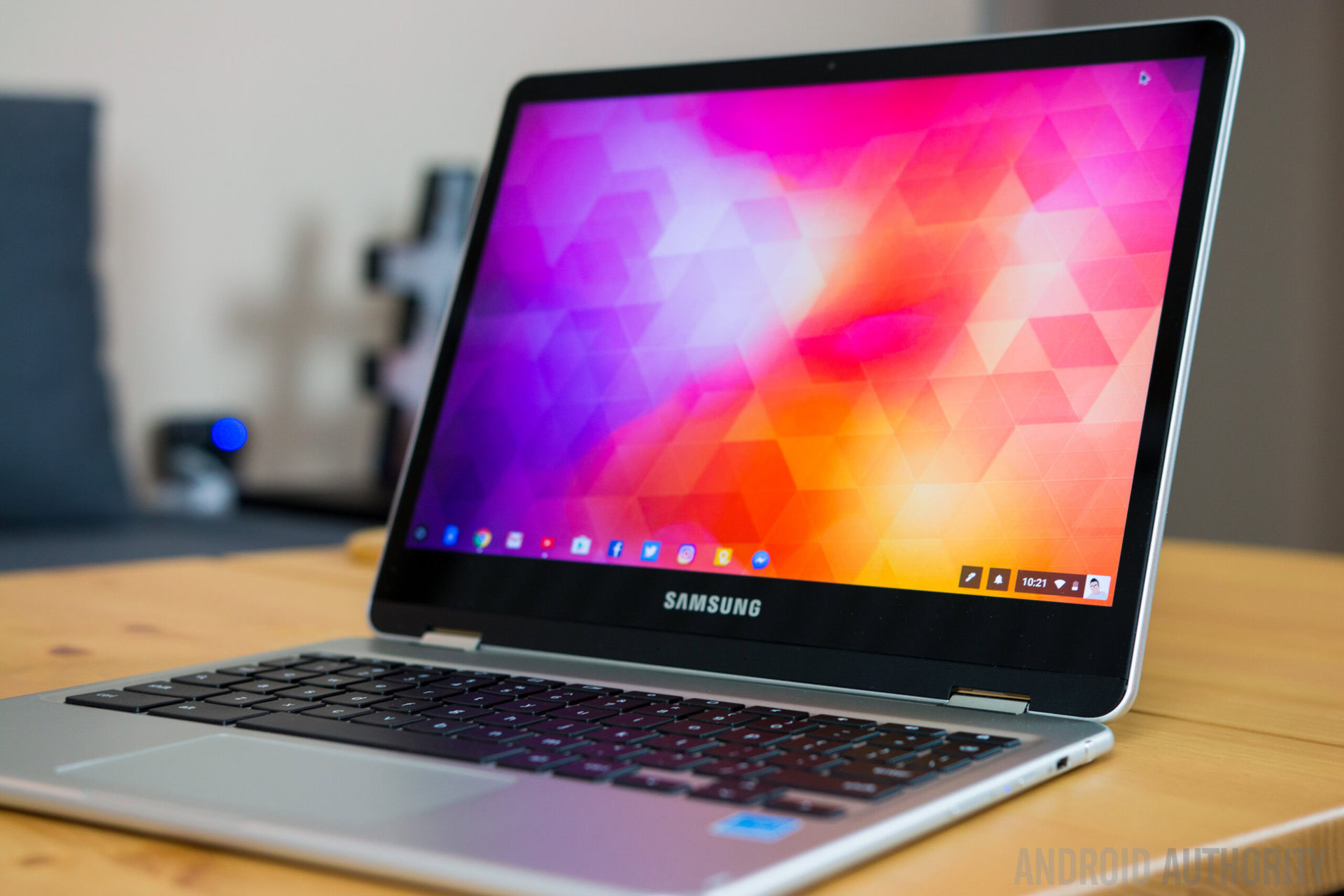
Chrome OS is what runs on the Chromebook and it’s a nice little OS. It’s essentially a web browser that runs apps. There’s a lot more to it, but on a fundamental level, that is basically what Chrome OS was meant to be. It’s an extremely lightweight OS that can run smoothly on some of the cheapest hardware imaginable. Many of us have used old netbooks – tiny laptops that (barely) ran Windows, or sometimes Linux. I have one that runs Ubuntu (again, barely).
Usage categories
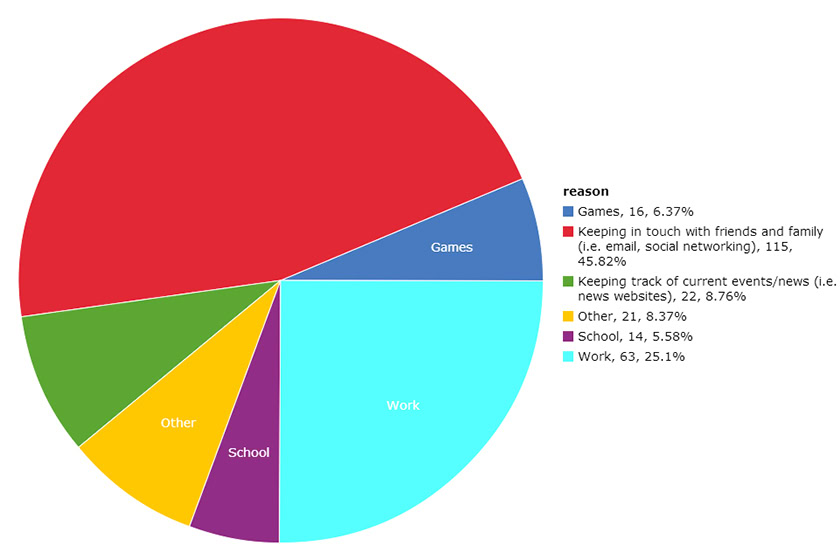
Facebook and Microsoft Word users comprise most of the web surfing population...
For all their flaws, netbooks came about for a simple reason: many people just use their computers to browse the web and sometimes write Word documents. It was as true back then as it is today. The beautiful thing about this is it doesn’t take a whole lot of power to browse the web, update Facebook, or write a Word Document. Netbooks— a.k.a. cheap, crappy laptops— were just fine for most people. Now, it’s important to mention here, I’m talking about usage scenarios, not hardware. We’ll address this more in a bit.
Go past that demographic, and there’s a large usage gulf before we get to the next set of users – the hardcore. I’m talking about the gamers, video makers, and sound editors— the power users. The most extreme among us are buying three-screened monstrosities with a gazillion pixels and more RAM than NASA. I consider myself something of a power user – I make videos and edit sound files and the like. If I had to buy a new laptop today, I’d be looking somewhere in the $1,500 – $2,000 range.
Where does the Pixelbook fit?
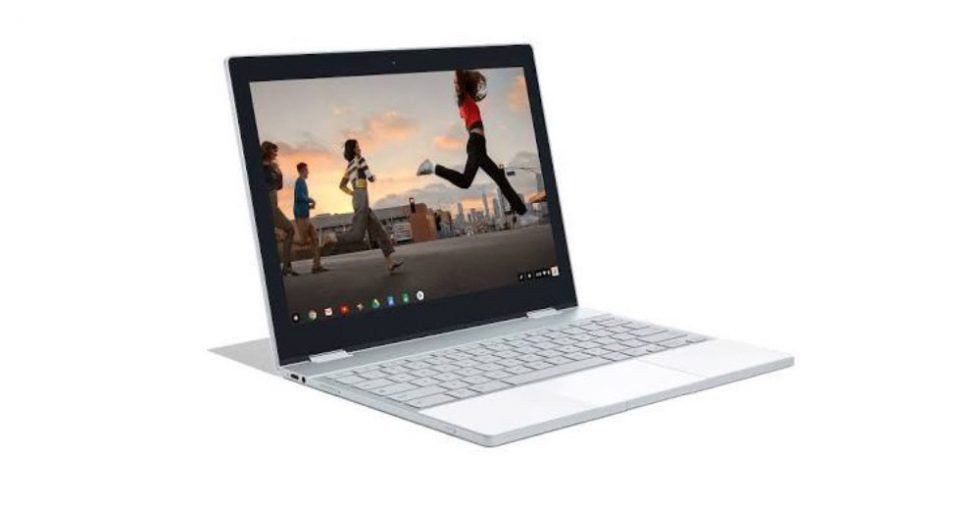
Remember that gulf I mentioned? There are sets of niche users in that web surfing population. Maybe they’re podcasters who need to record sound, but not edit it. Maybe they make hardcore PowerPoint presentations. But when designing a computer product, you’re going to look at the casual users and the hardcore users. There’s really no market for the in-between crowd.
But apparently there is a market for a device like a high-end Chromebook. Google released its Pixelbook, starting at $999 and other OEMs are following suit with their own high-end hardware. Last I checked, companies tend not to develop a product unless there is some perceived need in the market.
Too much power
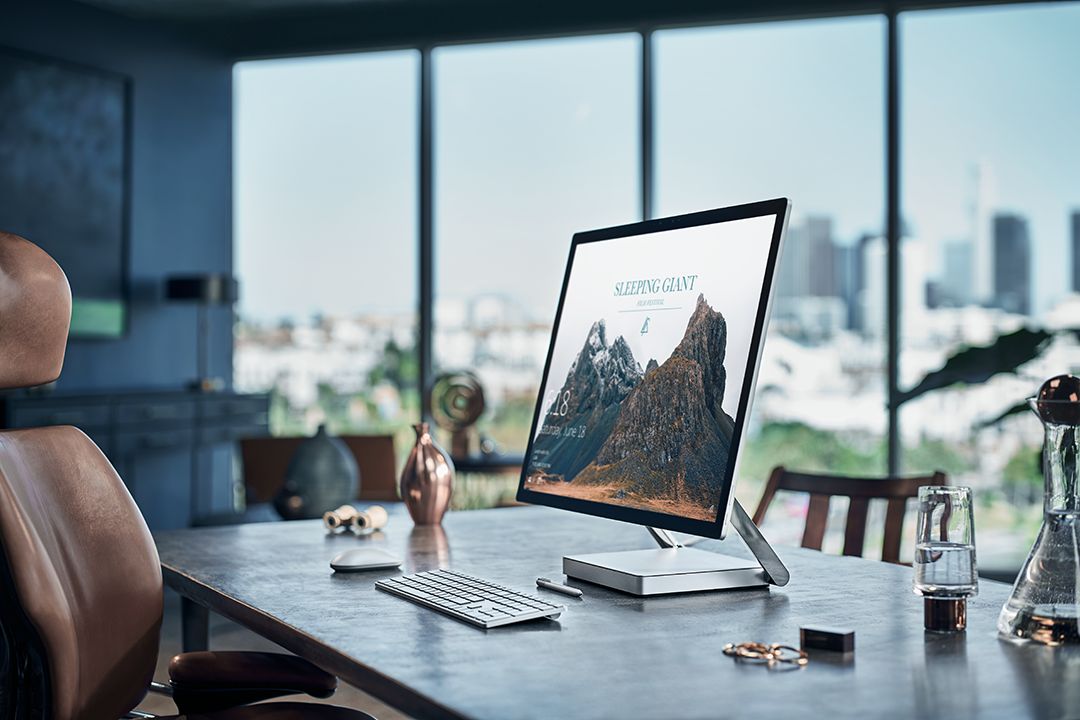
Much of that perceived need probably comes from the fact that $800 Dell computers are so popular. After all, if people are going out and buying computers like that, there must be a need in that arena right? Not so fast. Tech nerds, like myself, get all bedazzled by the Surface books, and the Macbooks that get waved in our face. In fact, the average price of computers sold has been going down. Two years ago, the average price of a PC sold was $544, down almost 40% from 2005. Some of that is attributed to PC components getting cheaper. Or perhaps people are realizing that they’re over buying on computers.
Let’s consider another point, according to the U.S. Census Bureau, in 2013 almost 10 percent of the computer owning population of the U.S. was using a handheld device only. That was in 2013. As of 2017, there are more mobile internet users in the world, than desktop users. Both of these points lead to one conclusion— people don’t need high-end hardware to do what they want to do. They’re still surfing Facebook and working on Office documents, just on their phones.
Flash vs. Substance
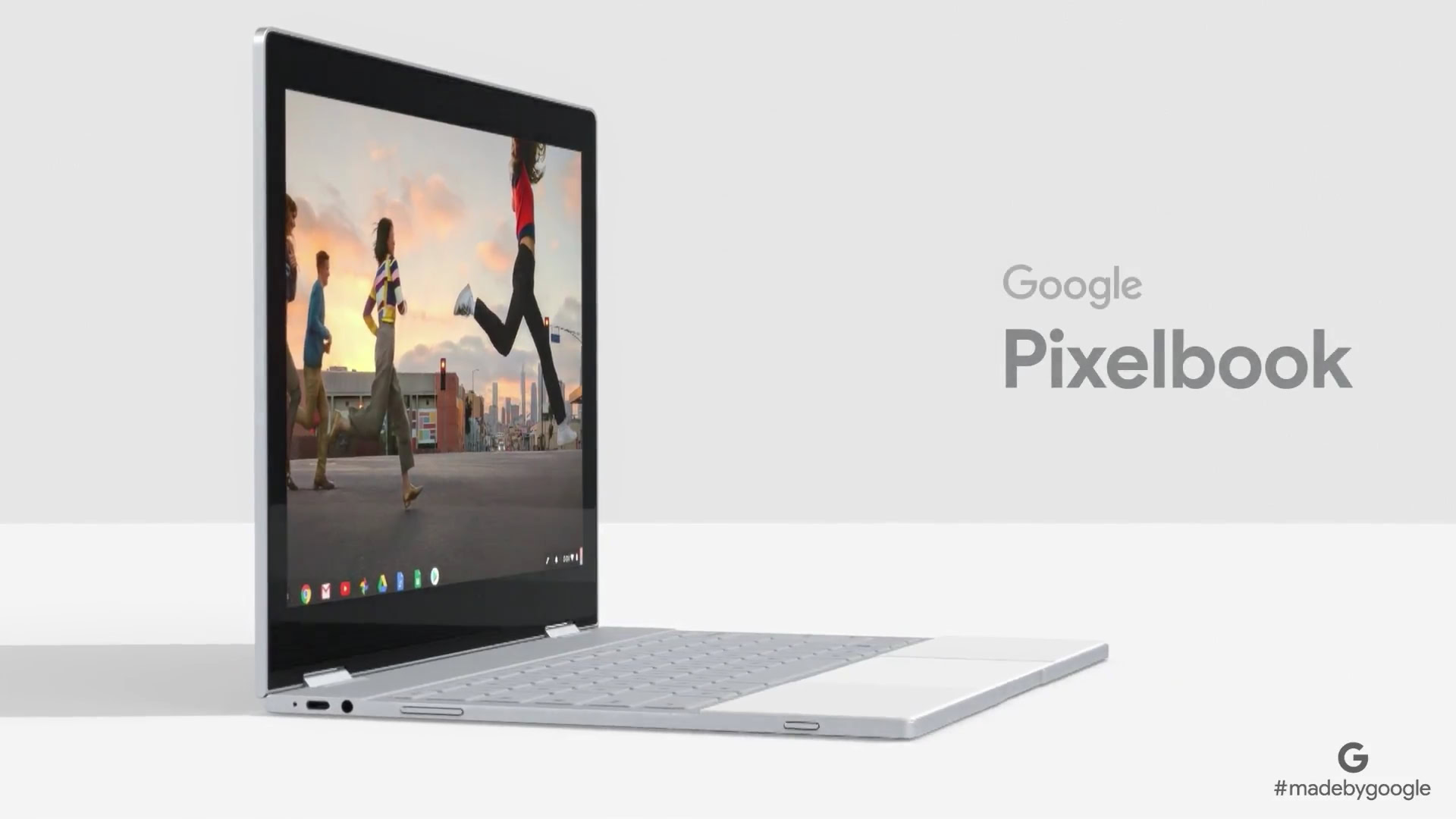
These high-end Chromebooks certainly look great. They have very nice specifications. But are beefed-up specs on a platform that was designed to not need beefed-up specs really necessary? More RAM? Chrome OS was designed to run on low-end hardware— it’s not necessary. More SSD space? Chrome OS was designed to work predominantly in the cloud— it’s not necessary. A better, higher resolution screen is about the only place where beefier specs make sense for a Chromebook. It’ll have prettier Netflix, at least.
Are beefed-up specs on a platform that was designed to not need beefed-up specs really necessary?
To be fair, if I had to put on my debate hat, I would argue that it’s in Google’s best interest to show off its PC operating system in the best light. So go ahead, throw it onto some high-end hardware that’ll grab attention for a news cycle or two. In that way, and that way only, the Pixelbook starts to make a little bit of sense.
Or is Google hurting its own cause? If the computer using population is looking for a solution to serve their low-powered needs, and Chrome OS is designed to work well on low-powered hardware, perhaps that’s what Google should be showcasing, not a premium beast. Google should be putting a stranglehold on the low-power niche, and showing people that buying a $550 PC is a waste when a $300 Chromebook will do the job, and do it better.
No need
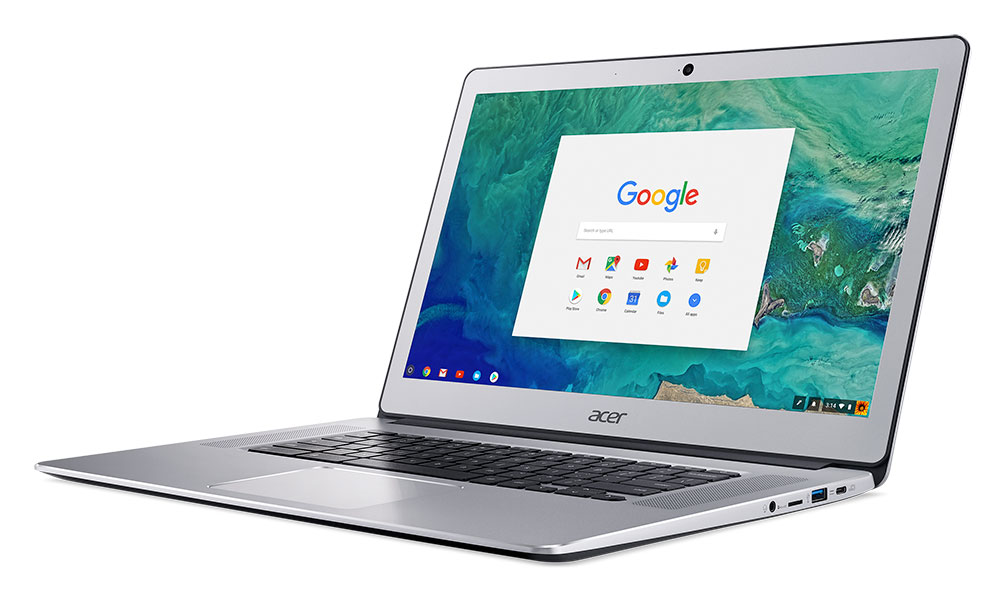
macOS and Windows are both robust operating systems with full catalogs of heavy-hitting apps.
There certainly is a need for high-end PCs. I just laid out my particular use case above. But two different operating systems fill that high-end need quite adequately, with hardware to match. MacOS and Windows are both robust operating systems with full catalogs of heavy-hitting apps. The hardware on which they run has the chutzpah to get tasks done.
Chrome OS has none of that. It has neither the maturity, nor the app catalog to justify catering to an audience like me. Chrome OS is still a lightweight operating system. Granted it has a much bigger app catalog now that some models can run Android apps, but even Android apps are not designed for hard-core tasks. They’re not supposed to be.
You could consider installing CrossOver for the Chromebook. Will that help the app situation? Possibly. It’s still in beta, so it’s hard to make any definitive judgements. I will admit, it is promising though.
So, when you look at the fact that people are buying cheaper computers, and they probably don’t need the high-end hardware in the first place, where does that leave the Pixelbook? It’s the very definition of a solution looking for a problem. Google would be much better off focusing on what Chrome OS does great – which is basically everything that most people are doing. Showcase that.